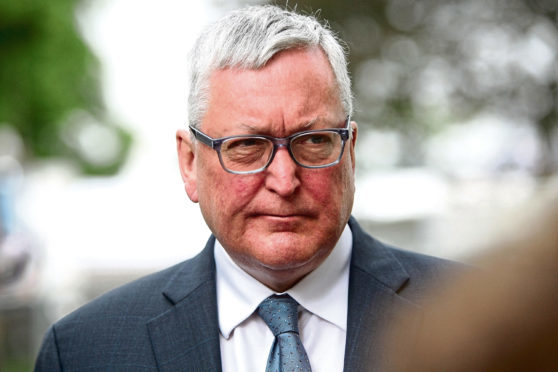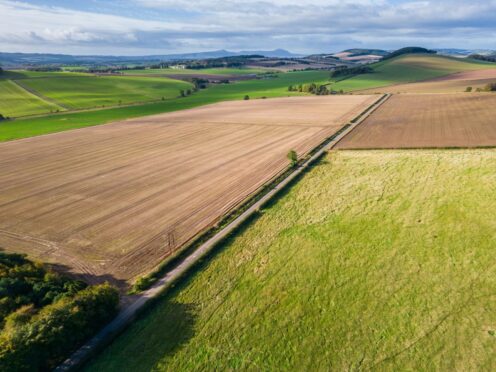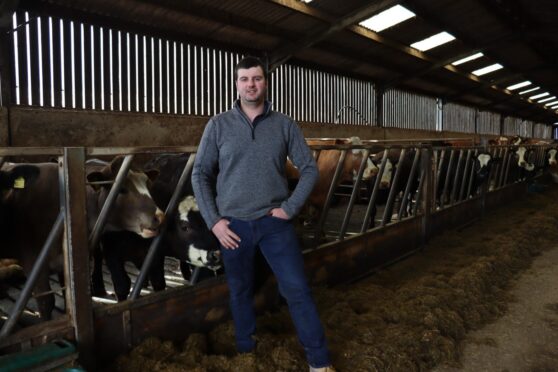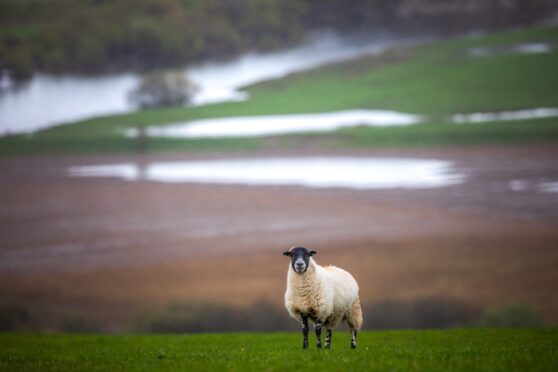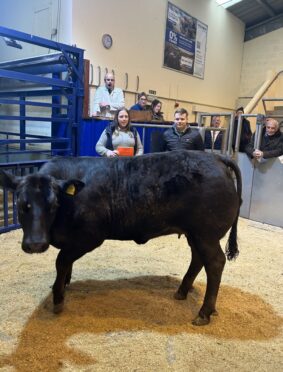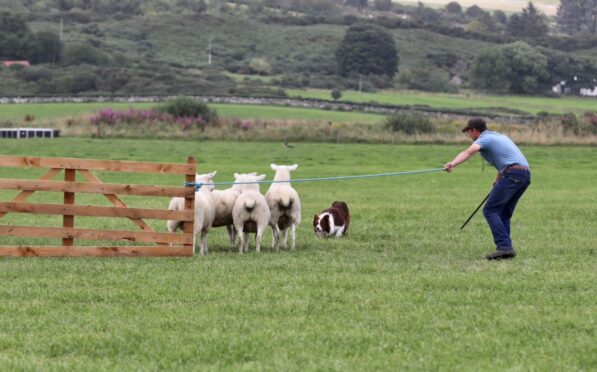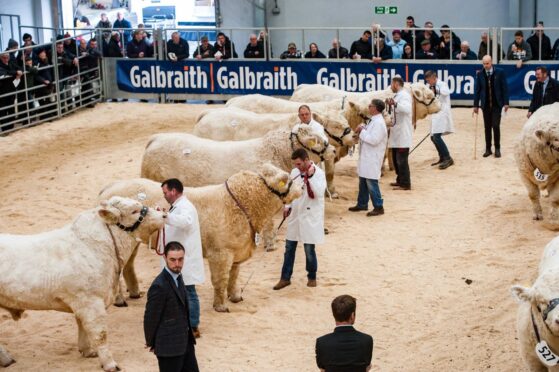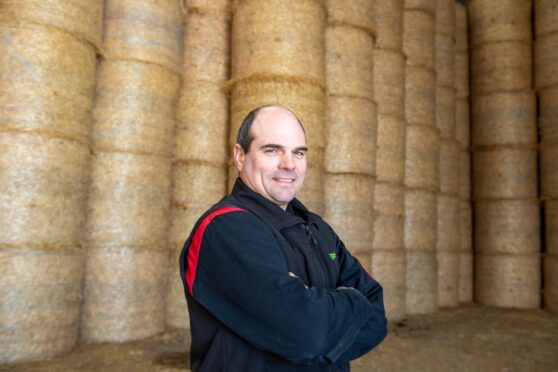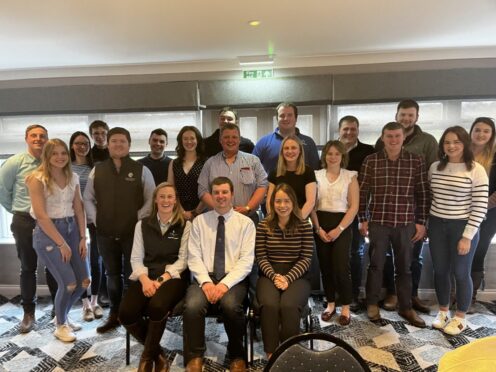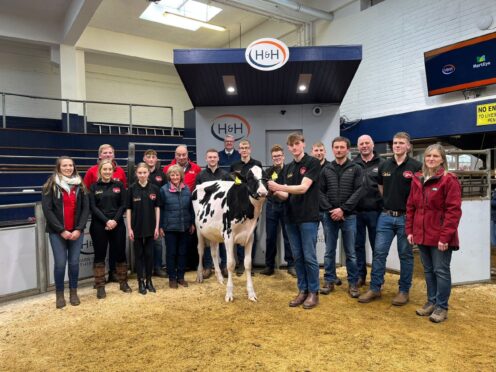A series of amendments to the UK Government’s Agriculture Bill have been published by Rural Economy Secretary Fergus Ewing.
They include measures to provide the devolved administrations with an “appropriate role” in future legislation and decisions surrounding World Trade Organisation (WTO) agreements, producer organisations and fair dealing in supply chains.
The Scottish Government has raised a number of concerns.
It said that the current proposals meant the Defra Secretary of State would have the final say over how Scottish farm support schemes are classified and distributed within the UK in terms of WTO rules.
It also said any threat to Scotland-specific schemes, such as headage payments and the Less Favoured Areas Support Scheme (LFASS) would be “a very serious concern”.
Mr Ewing has also lodged a stand-alone amendment.
The amendment asks that devolved administrations be given an appropriate statutory role in a future UK geographical indications scheme.
Mr Ewing sent a letter to Defra Secretary of State Michael Gove yesterday.
In it he said some important clauses in the bill would apply across the UK and this would “clearly impinge on the legislative competence of the Scottish Parliament”.
He said his proposed amendments were “designed to reflect devolved competences and to bring the relevant clauses into line with the devolution statement”.
In the letter Mr Ewing also called on Mr Gove to urgently act on policy proposals to rectify the issue of red meat levies from Scottish-born animals being collected at point of slaughter down south.
Mr Ewing’s letter continued: “I also continue to believe that, as I have mentioned in our previous ministerial meetings, this bill should be used as a vehicle for the UK Government to honour promises made during the EU referendum campaign regarding future funding – that all lost funding would be at least replaced – and to ensure that our producers will not be unfairly undercut by imports which are produced to lower standards.”
